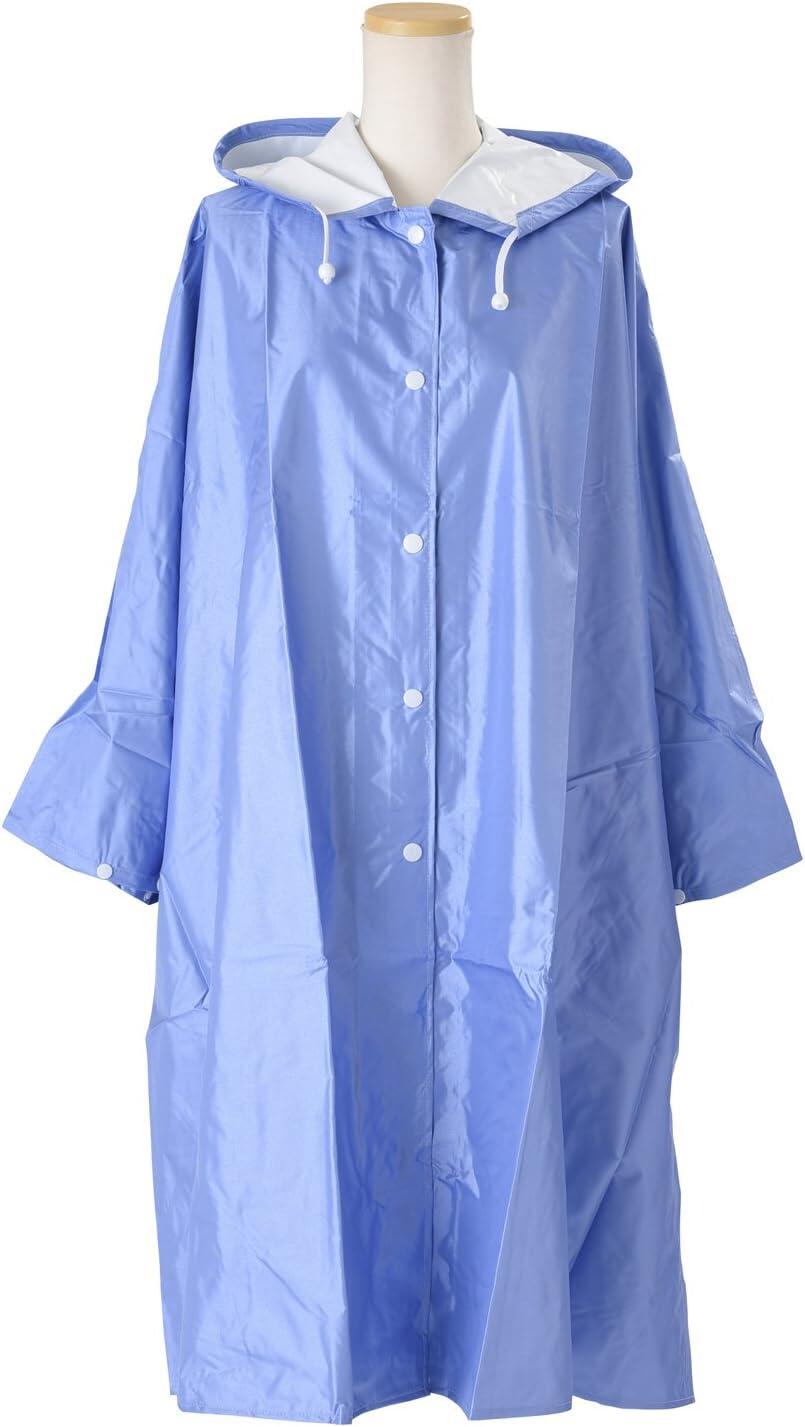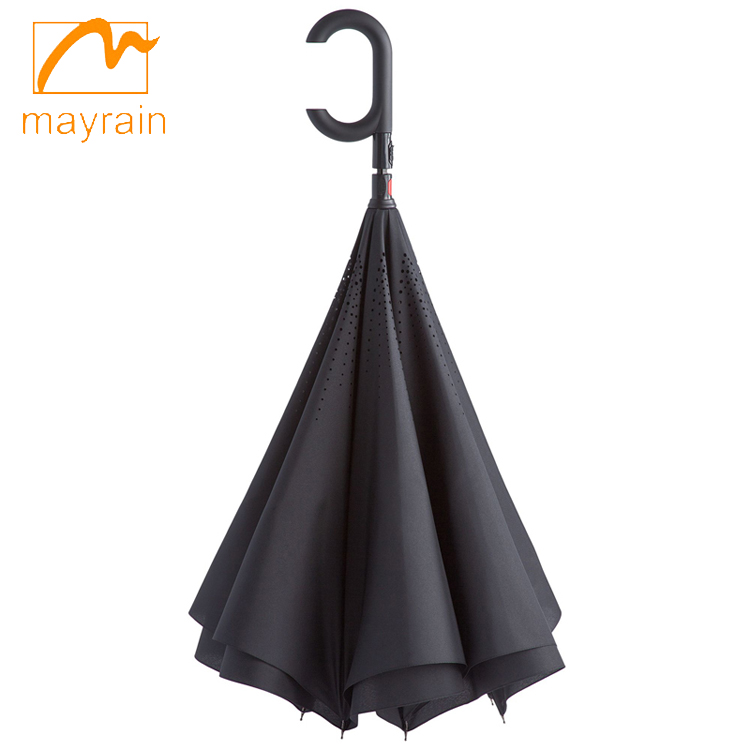- Preventive Measures Alongside treating infections, preventive care is vital. Regular veterinary check-ups, vaccinations, proper grooming, and maintaining good hygiene can significantly reduce the risk of infections.









